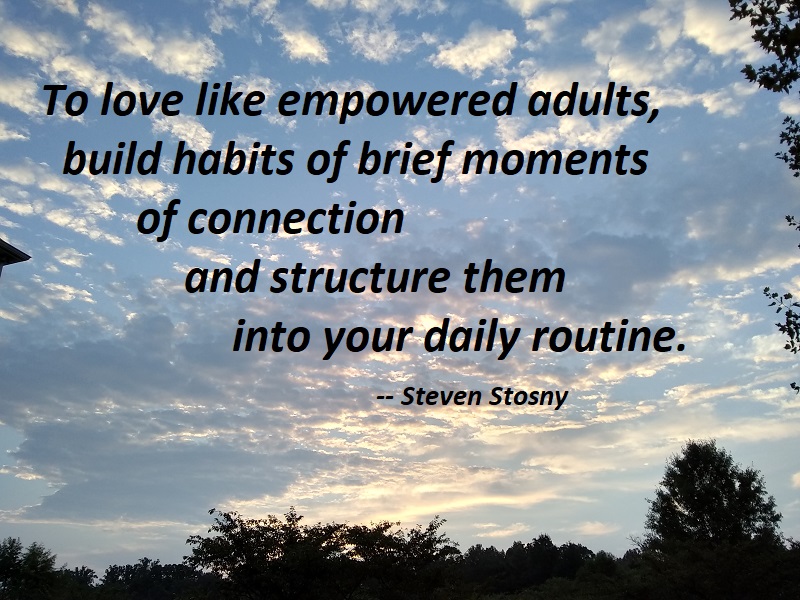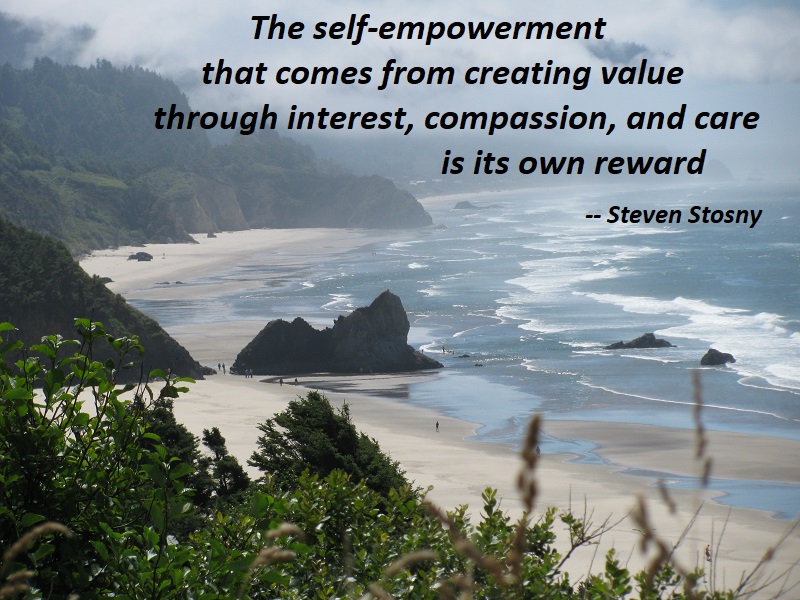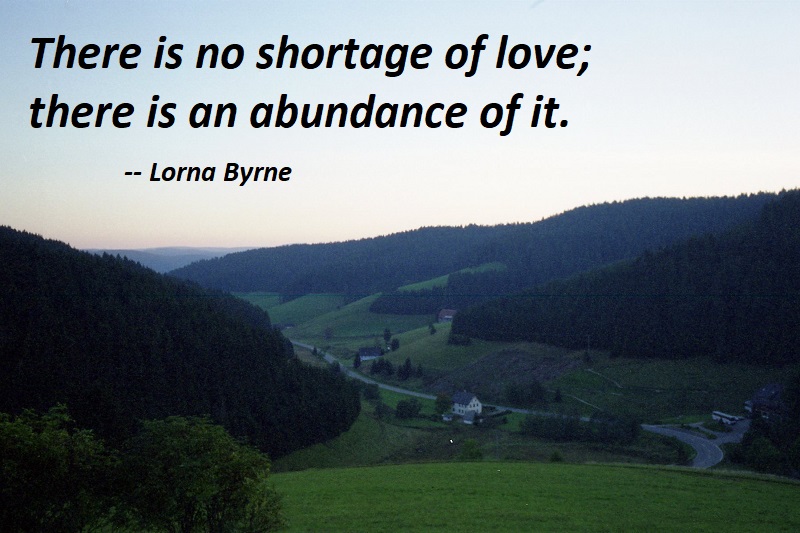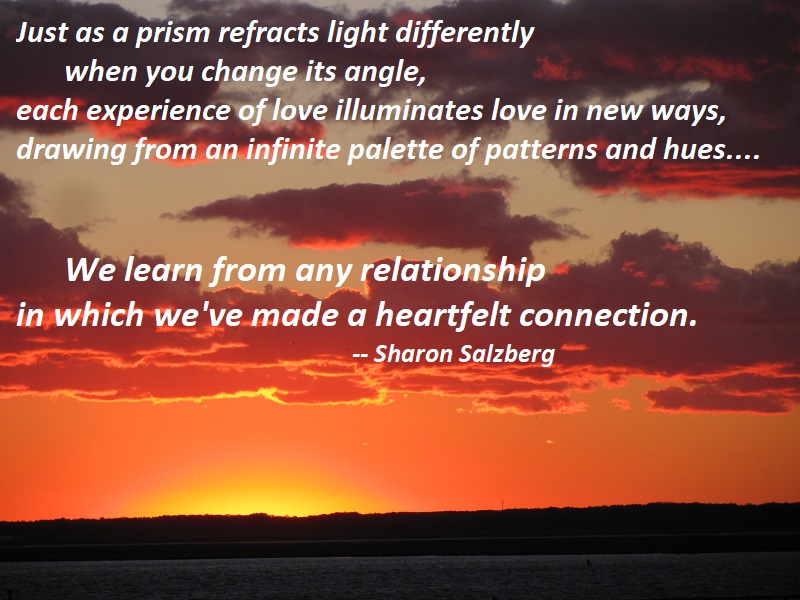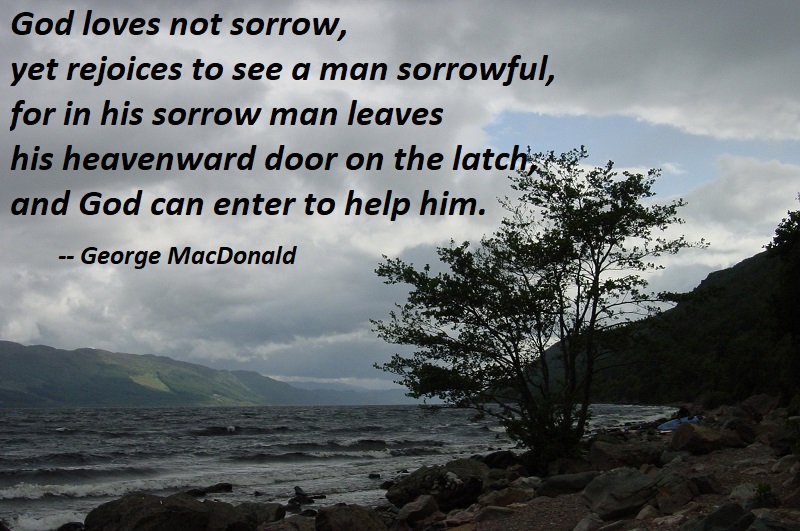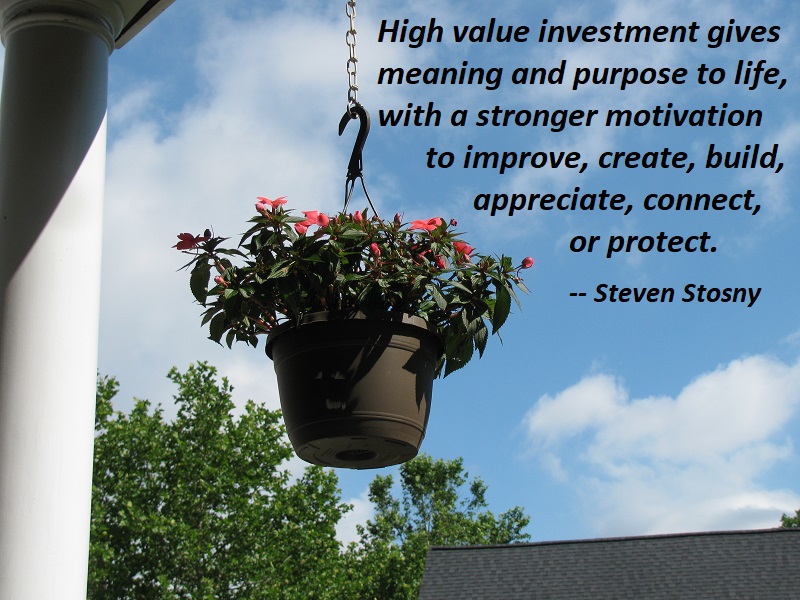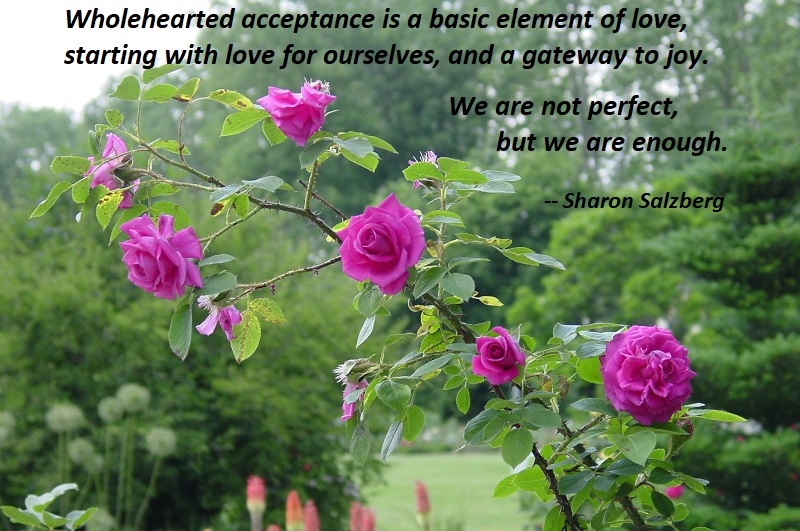Loving Yourself More
Don’t get confused — loving yourself is not about “me, me, me,” it’s not about being conceited or greedy. I am struggling to explain the difference between loving yourself and being completely self-centered. I think, though, that most people deep down know the difference.
When you love yourself more, you have more love and compassion for others around you. I keep saying you cannot love anyone more than you love yourself. If you only love yourself a little, then that is all then you can love anyone else — your child, your husband, your wife. When you love yourself more, it changes everything. It changes the circumstances in your life. It makes you happier and it makes everyone in your life happier. How could that be selfish?
— Lorna Byrne, Love From Heaven, p. 193-194
Photo: South Riding, Virginia, October 9, 2014

